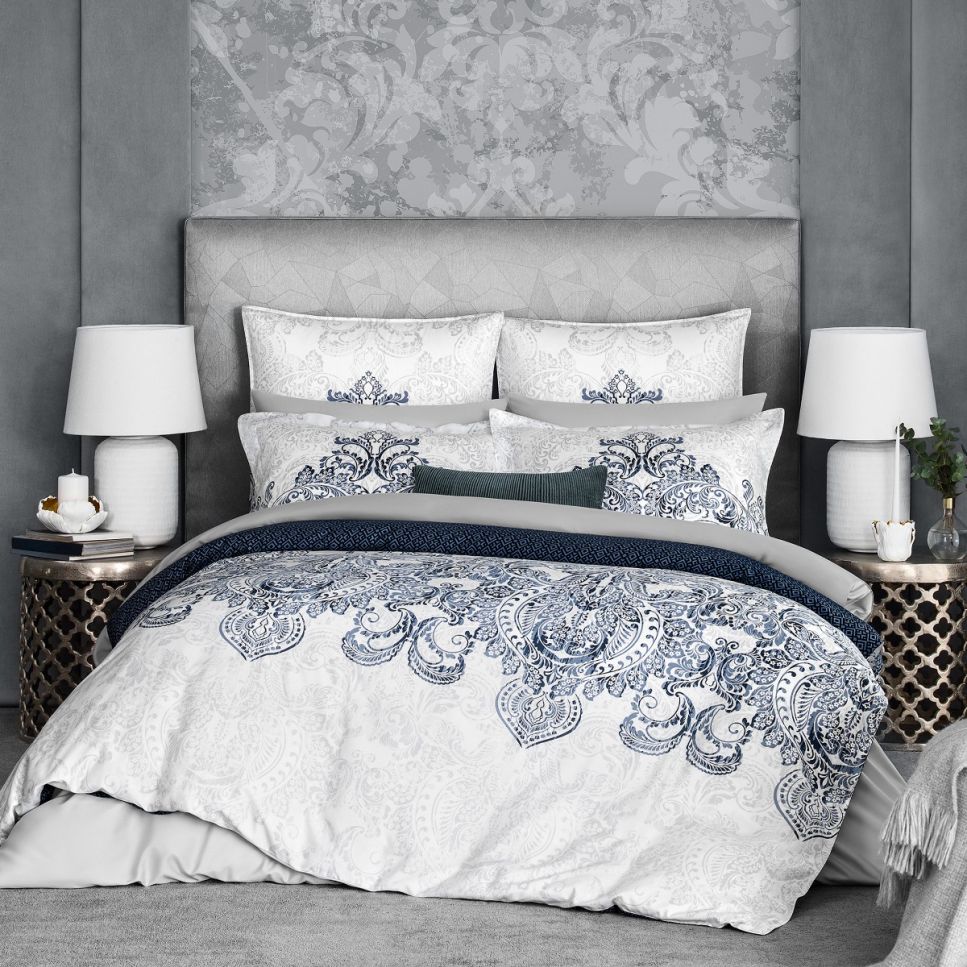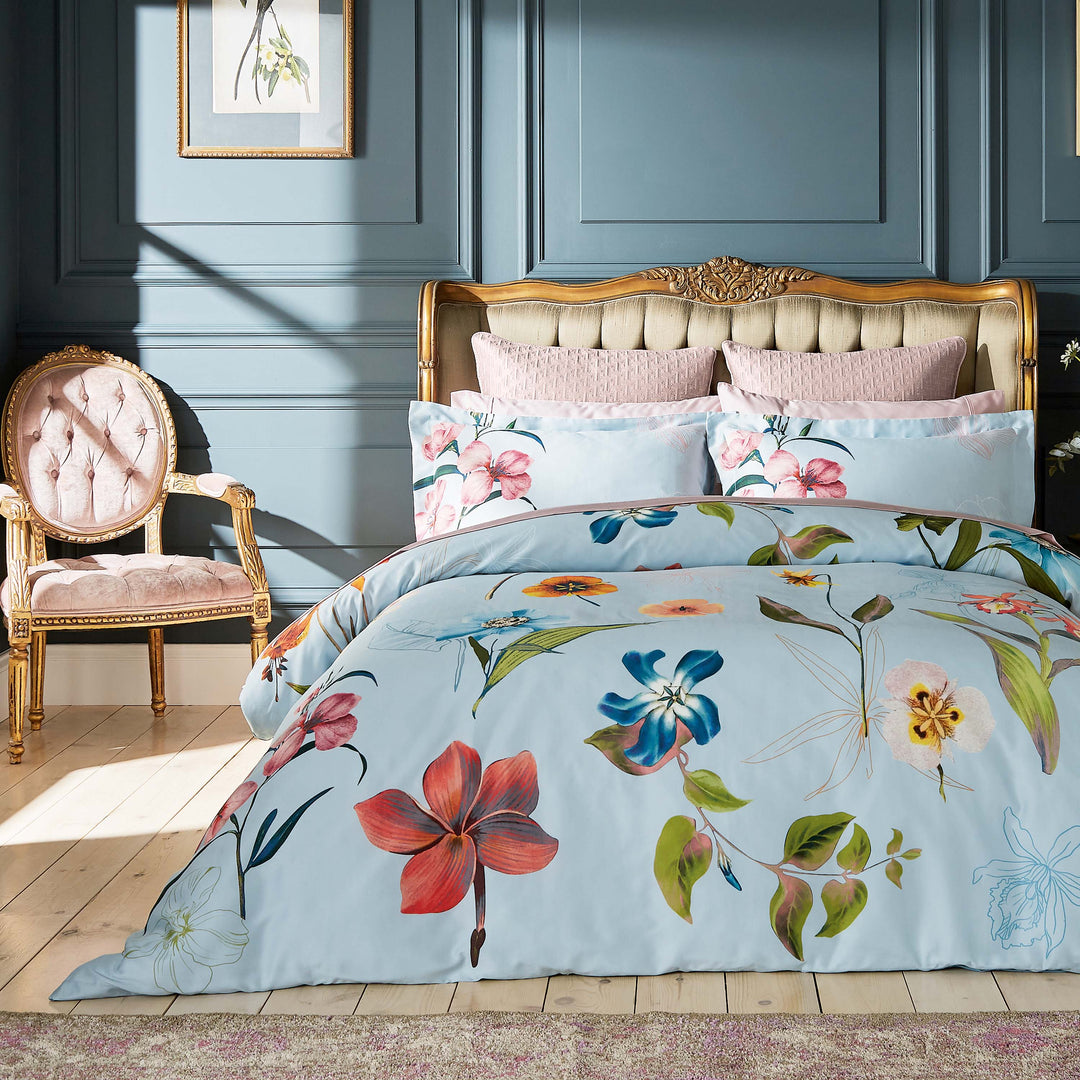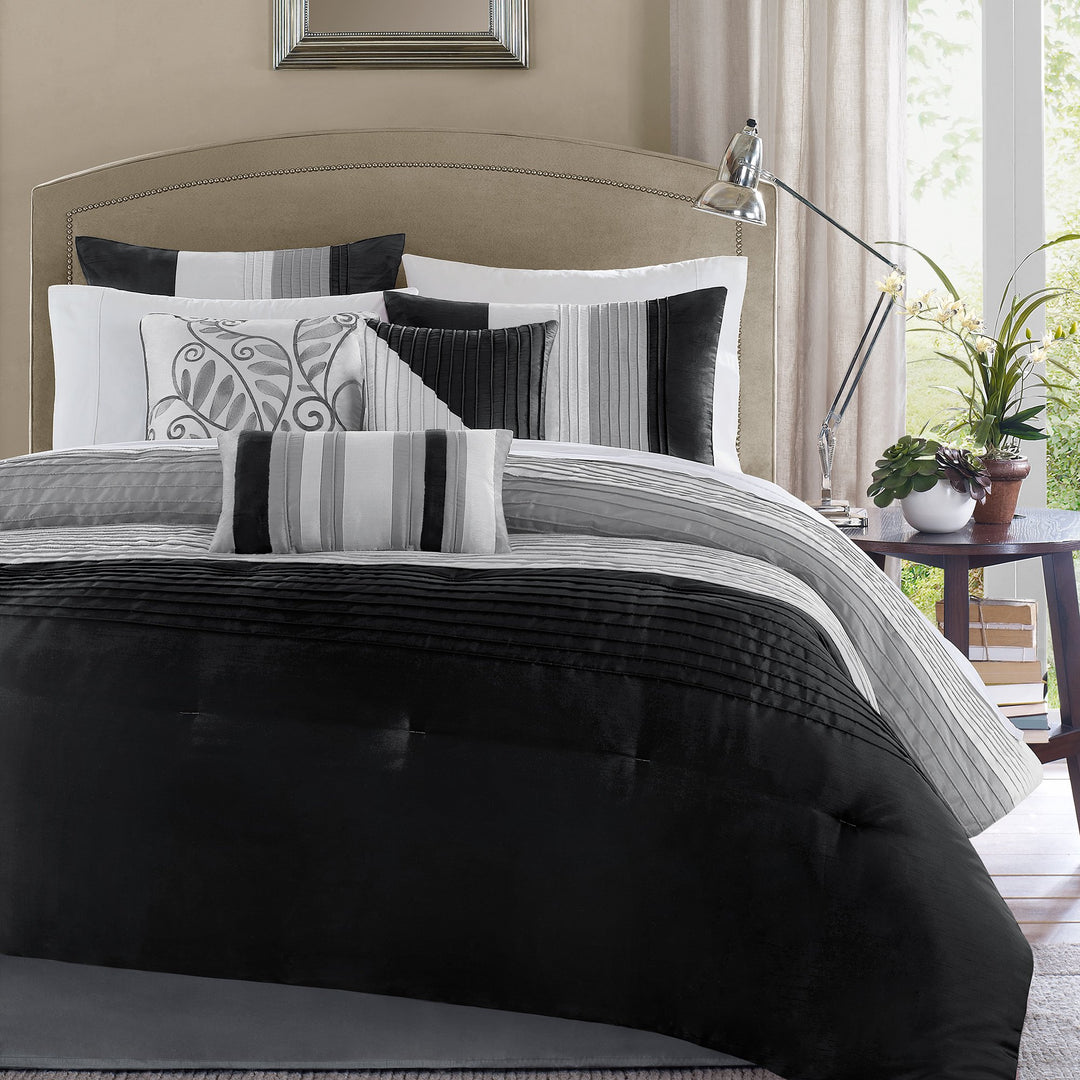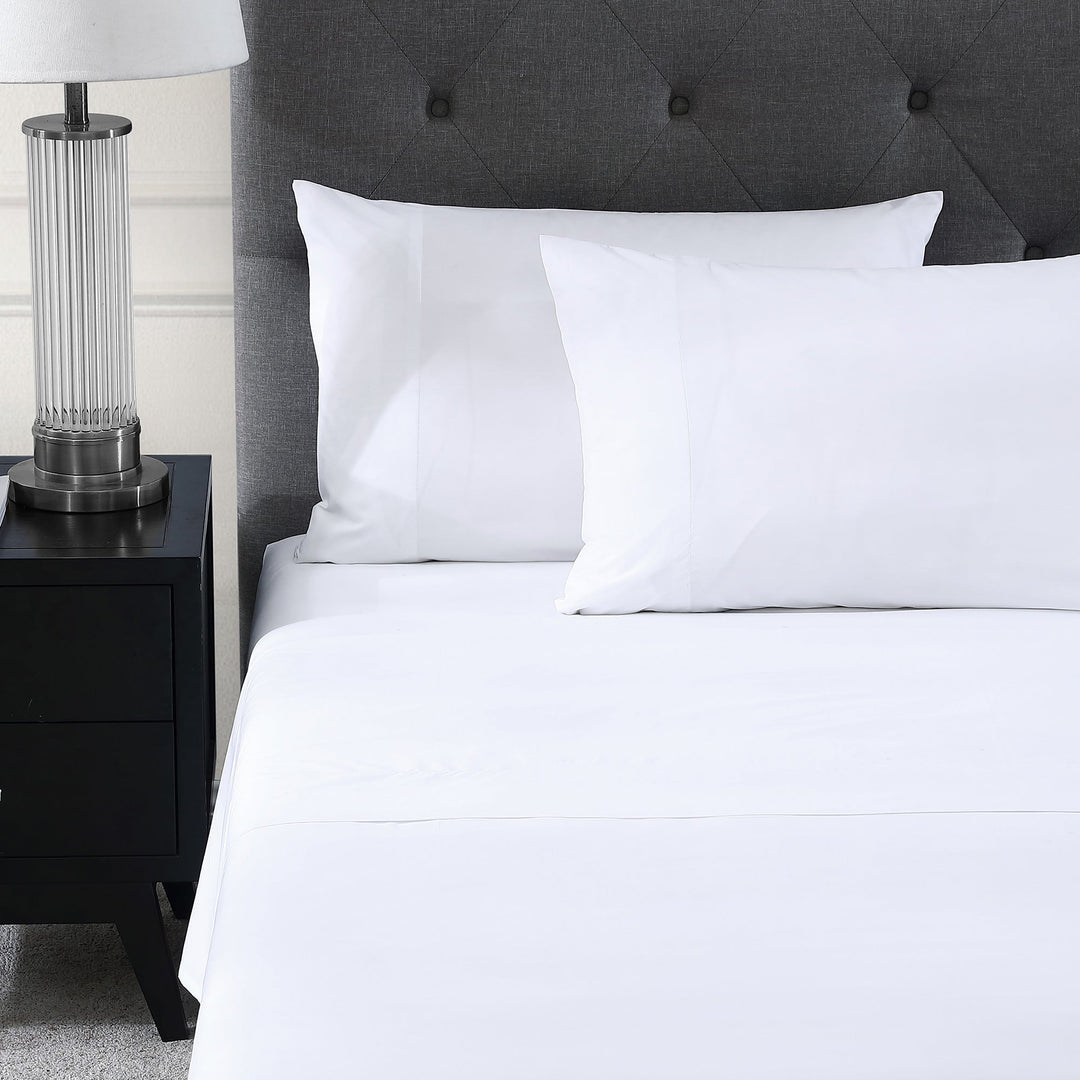What's the difference between hot sleepers vs cold sleepers
Achieving a restful night's sleep is vital for the overall health and well-being of individuals. Unfortunately, many couples sharing the same bed, comforter, and pillows often encounter starkly different nighttime experiences due to temperature variations. Now, let's delve into the crucial element that preserves our sanity, something we yearn for after a demanding day. It's a concept we frequently lament not receiving enough of. By now, you may have already guessed it—sleep. Sleep plays an immense role in maintaining our physical and mental health, ensuring happiness and vitality. However, in recent years, complaints about experiencing restless sleep have surged.
Have you ever found yourself waking up drenched in sweat or struggling to breathe in the middle of the night? Perhaps you feel that your bedding materials fail to regulate your body temperature effectively. If your answer to these questions is yes, you may find yourself in a perplexing and exasperating situation. Are you now curious about the solution to this predicament? In the present era, the realm of possibilities knows no bounds. To uncover the cause of your unsatisfactory sleep patterns, it is crucial to determine your sleeping preferences: are you inclined towards warmth or coolness? Although the terminology may surprise you, fear not, as LatestBedding is at your service, serving as your guide to discerning whether you are a hot sleeper or a cold sleeper, as well as recommending the most suitable bedding materials for you.
Hot Sleepers
People who are hot or warm sleepers often struggle to feel comfortable in bed, especially if they use traditional blankets or comforters that can trap heat and increase their body temperature further. These people tend to have higher core body temperatures, which can make it challenging for them to reach the cooler temperatures necessary for optimal sleep. To address this issue, it is recommended for hot sleepers to invest in bedding made with moisture-wicking materials. Fabrics such as silk, cotton, and bamboo are highly breathable and promote air circulation around the body, helping to reduce nighttime sweating and keep the sleeper cool. These materials are excellent choices as they can help regulate body temperature and create a more comfortable sleeping environment.
In addition to bedding, it's also beneficial for hot sleepers to consider using a wicking mattress and cooling pillows. A wicking mattress is designed to draw moisture away from the body, helping to keep the sleeper dry and cool throughout the night. Cooling pillows often have features like gel-infused memory foam or ventilation channels that promote airflow, preventing heat from becoming trapped around the head and neck.
Cold Sleepers
Some people are more sensitive to cool air and may feel colder at night, even if their partner doesn't seem affected by the temperature. The statement about women being better at conserving core body heat is generally true, as women tend to have higher body fat percentages, which can help retain heat. However, individual variations can still exist. Using heat-retaining comforters, mattresses, and pillows can be beneficial for those who feel cold during sleep. Comforter Sets as mentioned, have the advantage of conforming to the shape of the body, allowing for faster warming of the surface you touch. This can provide a cozy and comfortable sleep environment. Switching from cotton sheets to flannel bedding is another excellent suggestion. Flannel has a brushed surface that traps air and creates insulation, providing warmth and a soft, cozy feel. It can be particularly suitable for colder environments or for those who naturally feel cold.
However, finding the right combination of bedding and sleep environment that suits your preferences and body's needs is important. Experimenting with different materials, layering options, and adjusting room temperature can help optimize your sleep comfort and ensure a restful night's sleep.
Tips For Hot Sleepers
Sleep in the room at a cool temperature
Maintaining a cooler room temperature can promote better sleep for many individuals. The ideal temperature range for sleep is typically considered to be between 60 and 67 degrees Fahrenheit (15 to 19 degrees Celsius). However, it's important to note that personal preferences can vary, and some people may find slightly warmer or cooler temperatures more comfortable. Living in a hot place like Houston, Texas, where the climate can be challenging, it may not be realistic or economically feasible to maintain the room temperature within the ideal range throughout the night. In such cases, adjusting the temperature slightly can still be beneficial. Lowering the A/C temperature by about 2 degrees Fahrenheit (1 degree Celsius) compared to the daytime setting can help create a cooler and more conducive environment for sleep. While it may not achieve the exact ideal range, this adjustment can make a noticeable difference in comfort and sleep quality.
Control your bedroom’s temperature throughout the day to be cooler in preparation for the night
Blackout curtains or blinds are an excellent solution for blocking sunlight and maintaining a cooler environment in your room. By preventing sunlight from entering your space, they can help reduce heat gain during the day, making it easier to cool down the room before bedtime. Remember that while blackout curtains or blinds can block sunlight, they do not provide insulation on their own. It's still important to ensure proper insulation in your room, such as sealing gaps around windows and doors, to prevent heat transfer and maintain a comfortable temperature.
Take a warm shower or bath before bed
Taking a warm or hot shower before bed can have a positive impact on your sleep quality, despite the initial increase in body temperature. The reason behind this is the body's natural cooling mechanism. When you take a warm shower, your body absorbs heat, and the warm water raises your core body temperature. However, once you step out of the shower, your body begins to cool down. This cooling process is just like the natural drop in body temperature that occurs during the evening, signaling to your body that it's time to sleep. The cooling effect after a warm shower helps promote better sleep because it triggers the release of melatonin, a hormone that regulates your sleep-wake cycle. Melatonin levels naturally increase as your body temperature drops, making you feel drowsy and ready for sleep.











